The conquest of online space has begun, and the digital civic circles (DCC) have quickly achieved great success. As is known, Viktor Orban announced the creation of the digital civic circles in his Tusvanyos speech, joining forces with civil society to establish a new digital civic power. According to the Prime Minister, the creation of the digital civic circles carries electoral significance but also goes far beyond that.
For us, as a right-wing, civic, Christian-conservative, national community in Hungary, we too must do something with virtual space. Today this is hostile territory, and that is not right. We too need a digital conquest; we must create the immune system, our moral source code, our national algorithm,
– he said.

In his Tusvanyos speech, the Prime Minister also announced the establishment of the very first digital civiv circle (DCC). Alongside Viktor Orban, the founders of the initial circles included athletes, musicians, philosophers, politicians, and historians. Members of the first DCC include: opera singer Erika Miklosa, businessman Elek Nagy, psychologist Bence Partos, hurdler Balazs Baji, Secretary of State Janos Nagy, philosopher Andras Lanczi, rapper Dopeman, HUN-REN CEO Roland Jakab, journalist Zsuzsa Mathe, writer Mor Ban, historian Maria Schmidt, producer Philip Rakay, education researcher Katalin Balatoni, and Adam Kavecsanszki, director of the Foundation for a Civic Hungary.
Building instead of destroying in the digital civic circles
A few days after Tusvanyos, in the Fighters' Hour podcast, PM Orban emphasized that those who would participate in the civic circles would all be people with national sentiment, people who care about their country, who want not to destroy but to build, and who want to ensure a future.
In the few weeks since the launch, several hundred DCCs have been created, and membership has already surpassed sixty thousand.
The activities of the various DCCs are diverse. For example, the Zebra digital civic circle founded by Mate Kocsis combats liberal fake news. The Fidesz parliamentary group leader wrote on his social media page that there is a growing demand to put an end to the outrageous level of incitement, agitation, and fake news production. Eszter Vitalyos founded the “Women Against Abuse" digital civic circle. The government spokesperson explained that the DCC was created to provide a safe and supportive space for those who want to confront various forms of abuse, or who simply believe that by standing together and supporting each other, change can be achieved.


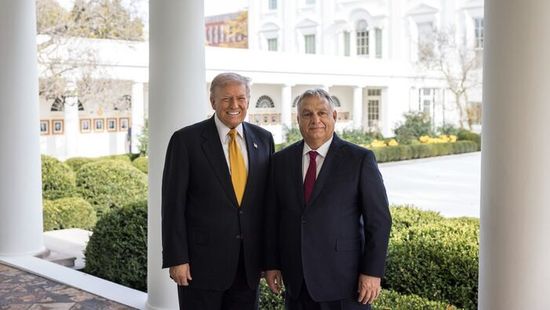


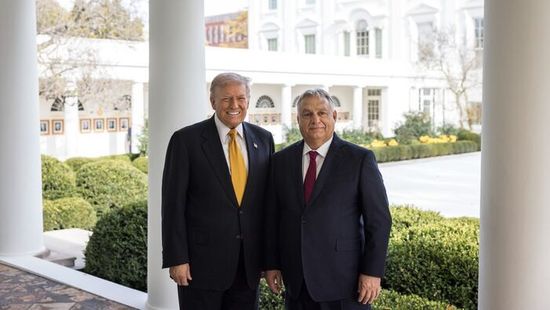



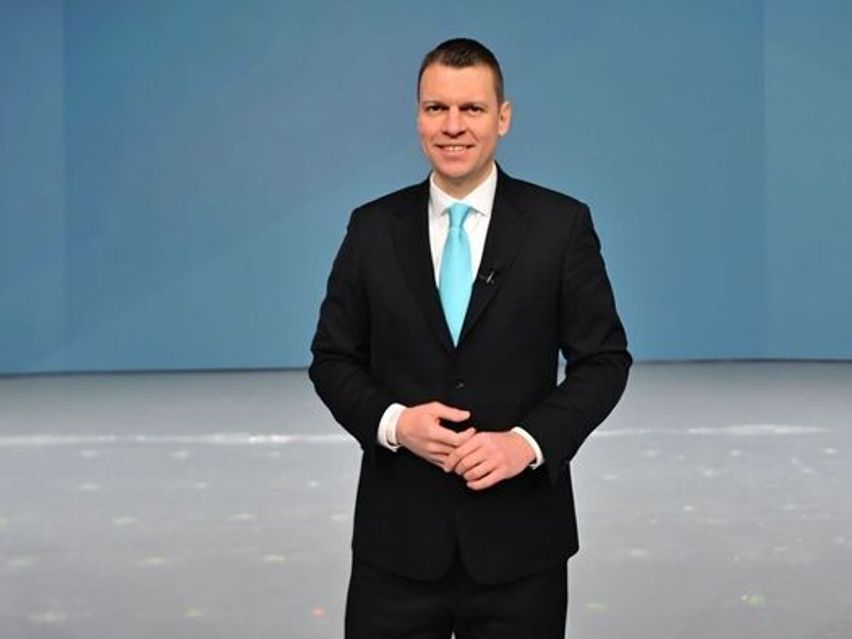






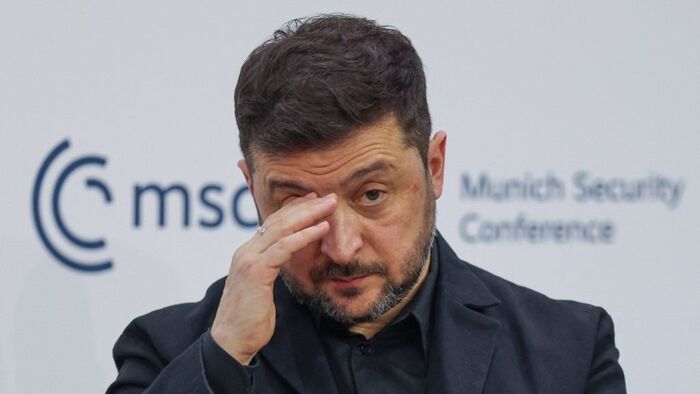
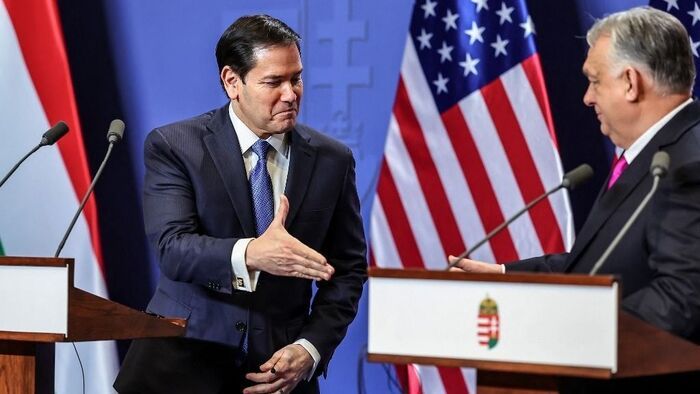
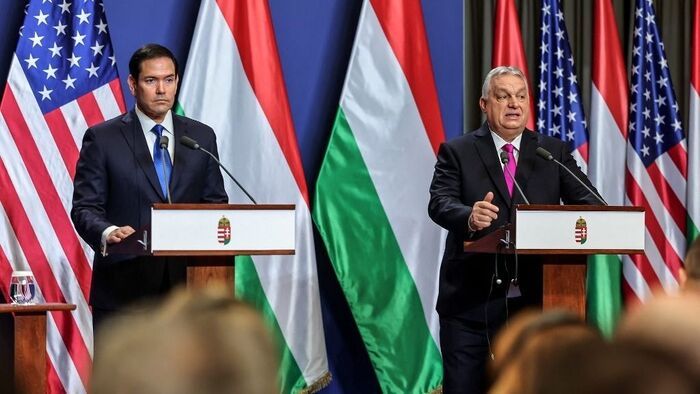





Szóljon hozzá!
Jelenleg csak a hozzászólások egy kis részét látja. Hozzászóláshoz és a további kommentek megtekintéséhez lépjen be, vagy regisztráljon!